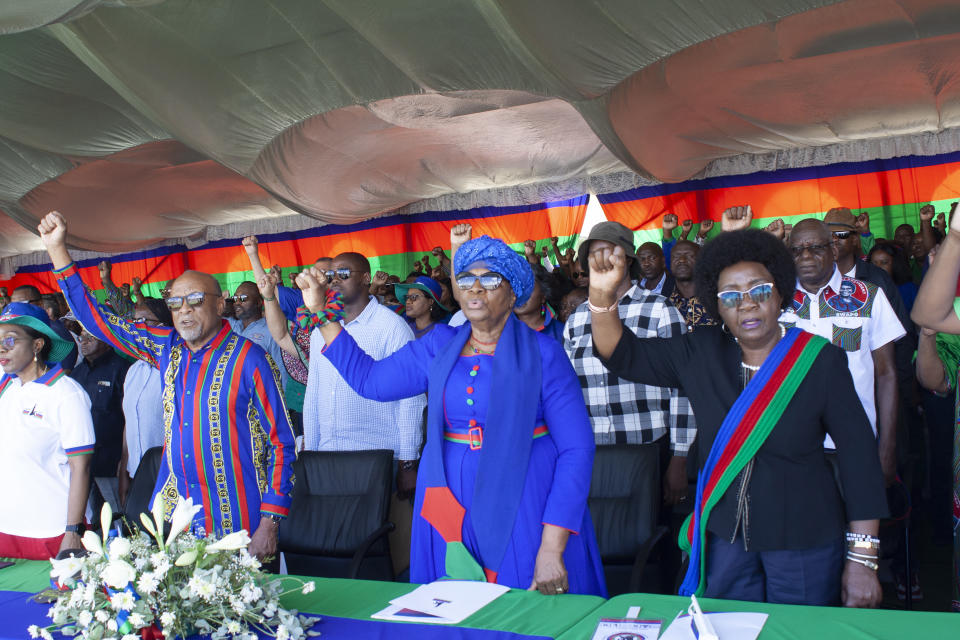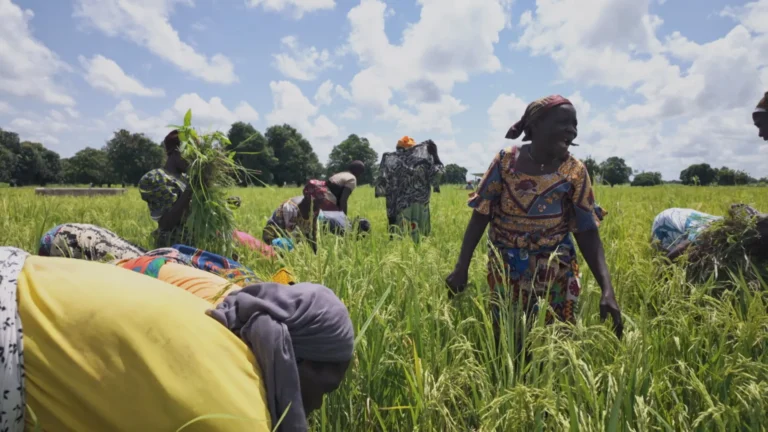Namibia prepares for pivotal presidential and legislative elections

Namibians head to the polls on Wednesday in a landmark presidential and legislative election, as the ruling SWAPO party faces mounting opposition amid significant socio-economic challenges and the rise of a new generation of voters.
Nearly 1.5 million registered voters in the southern African nation will cast their ballots to elect members of parliament and the country’s next president.
The race is shaping up to be closely contested, with SWAPO’s Netumbo Nandi-Ndaitwah, 72, going head-to-head with Panduleni Itula, 67, of the Independent Patriots for Change (IPC).
A Shifting Political Landscape
SWAPO (South West Africa People’s Organization), which has held power since Namibia gained independence in 1990, is under growing pressure to defend its political dominance.
In the last presidential election in 2019, Itula, running as an independent and a former SWAPO dissident, secured 29.4% of the vote. This marked a stark decline for SWAPO, as its candidate, President Hage Geingob, garnered just 56%—a sharp drop from the commanding 87% he achieved in 2014.
The 2020 local elections further underscored SWAPO’s challenges, with the IPC winning control of key cities like Swakopmund and Walvis Bay.
Socio-Economic Challenges
Namibia faces pressing socio-economic issues that are likely to shape the electoral outcome.
Youth unemployment stands at an alarming 46% among individuals aged 15–34, according to the most recent data.
Additionally, the nation struggles with deep income inequality, ranked as the world’s second most unequal country after South Africa, according to the World Bank.
Land redistribution and resource management are also central concerns.
The country’s rich deposits of uranium and recently discovered oil reserves have sparked debates about equitable resource allocation.
The Role of the “Born Free” Generation
This election is expected to be significantly influenced by the “born free” generation—young voters born after independence.
Unlike older generations who prioritize SWAPO’s legacy in the liberation struggle, these voters are more focused on tangible solutions to contemporary issues.
The outcome of Wednesday’s vote will test SWAPO’s resilience and could mark a turning point in Namibia’s political landscape as the country seeks to address the challenges of inequality and economic stagnation.
About The Author
dailymailafric
I am an avid African news observer, and an active member of Daily Mail Africa.
I’m Passionate about staying informed on diverse topics across the continent,
I actively contribute to publishing on political, economic and cultural developments in Africa.



